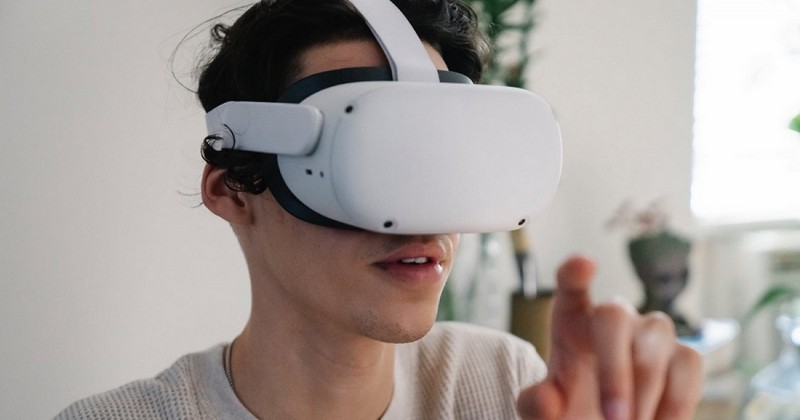Understanding the dopamine flow is the basis of psychology applied to video games.

In order to play video games generating well-being, it is important to know their relationship with dopamine.
Dopamine is a neurotransmitter linked to motivation, goal-oriented behavior, euphoria, pleasure and attention. (although the feeling of pleasure after achieving a goal can be attributed to other neurotransmitters or it is not clear that it is exclusively dopamine).
We generate dopamine spikes as a function of the expectation of a reward, i.e., proportionally to its magnitude, its probability of occurrence and its spatiotemporal distance.
Surely you have heard that video games generate dopamine and therefore can be addictive. Period. Normally we do not usually find more depth or rigor in articles dealing with this subject. However, today you will be able to shape it.
The relationship between dopamine and video games.
Long gone is the first study by Koepp and collaborators in 1998 where they measured, for the first time, an increase in dopamine secretion when playing video games in general.
Bearing that in mind, that video games generate dopamine has always been an accurate idea, but for years, it has served as a horizon in our understanding. Let's go further.
What matters for a higher dopaminergic capacity is that it flowsnot that we have "a lot" of dopamine in the brain.
On the other hand, for dopamine to flow we need the pre- and post-synaptic receptors; when a receptor takes up dopamine it goes into regeneration. The regeneration of a single dopamine receptor in the short term (from less than a day to two days) is an enigma.
We have a neurochemical mechanism that can cause us to modify our DNA expression to encode more dopamine receptors and thus have more flow capacity in this regard. and thus have more flow capacity in this regard; however, this is also limited and can "wear us out".
Furthermore, if we oversaturate our brain with dopamine, it becomes stagnant, meaning that we will have fewer dopamine receptors compared to a normal state, and the few receptors that are left and/or slowly regenerating will be reabsorbing stagnant dopamine. This will leave us with a state of low quality of attention, motivation and ability to feel pleasure..
The implications of this on gamers' health.
We do not know what dopaminergic regeneration is like in the short term, but we do know the curves of sustained attention and the symptoms of "dopaminergic imbalance", so that, to a certain extent, we can infer in the short term when we have stable or unbalanced dopamine levels.
On the one hand, attention in general usually takes about 5 minutes to "warm up", and from then on it always goes down gradually, and depending on each situation, an effect of improvement in attentional quality can be found when approaching the end of a task.
On the other hand, these are the symptoms of dopaminergic imbalance (we speak of imbalance because a very high dopamine always ends in low dopamine flow).
Among others, phenomena such as restless legs, tics, stiffness, decreased insulin secretion, lowered defenses and reduced intestinal motility stand out.. This may sound alarming, but once we understand it, we can act accordingly.
And yes we have seen cases such as Uzi (professional League of Legends player) who retired with a diagnosis of diabetes, but we also have to put the focus on the fact that most video game players are responsible with respect to health habits and academic-work care.
And I say this, knocking on wood, having collated more than 50 young people who spent 30 hours a week in the amateur world of League of Legends and seeing that 90% maintained their lives well and that those who did not had other vital problems that also added fuel to the fire to lead them to live the high use of video games rather as a way of escape.
Interested in learning more?
If you want to learn more about psychology applied to video games in training that gets to the point, and makes training more education and less business, you may be interested in our course for health professionals available on Gamewell.
It is important to make our young gamers understand that, to have more fun and play better, you have to take care of mental performance.If we make them understand how dopamine works, most of them will act accordingly. And this helps us to promote health habits such as sports, sleep hygiene and even not to burn out by playing so much.
There are many young people who have taken refuge in video games and as a result of taking them more seriously (an attitude that could well be seen as a flight forward) this has served them, however, to improve their self-esteem and take better care of themselves. And this base, in turn, serves as a starting point to reconstruct the solution to other vital problems that led them to seek refuge.
(Updated at Apr 13 / 2024)